Speaking at the workshop, Professor, Dr. Chu Hoang Ha, Vice President of the Vietnam Academy of Science and Technology, said that over the past half century, the Vietnam Academy of Science and Technology has affirmed its pioneering role with great contributions to the development of science and technology in the country.
In the current context, the direction of General Secretary To Lam and the Prime Minister has affirmed the key role of science, technology, innovation and digital transformation in creating momentum for socio-economic development. The Vietnam Academy of Science and Technology has been actively contributing, not only in the field of basic research and technology application, but also in technology transfer and commercialization of research results, contributing to improving national productivity and competitiveness.
Implementing Resolution No. 57-NQ/TW of the Politburo, the Vietnam Academy of Science and Technology has developed Plan No. 116/QD-VHL with specific goals by 2030 to increase the number of international publications (SCIE/Scopus) and intellectual property certificates by 50% compared to the period 2020-2025; develop 30 core technologies to be fully mastered, focusing on artificial intelligence, advanced materials, and biotechnology; attract 20-30 talented young scientists each year, train 5,000 scientists with international qualifications; develop 20 strong research groups that meet regional standards; promote digital transformation.
 |
Conference scene. |
Professor, Dr. Chu Hoang Ha emphasized that Resolution No. 57-NQ/TW allows officials and managers working at public science and technology organizations and public higher education institutions to contribute capital, participate in the management and operation of enterprises, work at enterprises established by such organizations or participate in establishing them to commercialize research results created by such organizations. The Resolution also advocates accepting risks in scientific research and technology development; providing funding for scientific research and technology development according to the fund mechanism; and allocating expenditures in the implementation of scientific research and technology development. To realize this goal, the commercialization of research results is not only a bridge between research and the market but also the key to promoting productivity and enhancing the competitiveness of the economy.
At the workshop, Dr. Vo Thanh Phong, Deputy Director of the Department of Science and Technology, Central Propaganda and Mass Mobilization Commission, outlined policies to remove obstacles for scientists in Resolution No. 57-NQ/TW and Resolution No. 193/2025/QH15, such as granting more autonomy in using funds to carry out scientific and technological tasks; accepting risks and delays in scientific research and innovation. Along with that, increasing investment funding for research and development, striving to reach 2% of the gross domestic product, of which funding from socialization reaches 60%.
Mr. Pham Duc Nghiem, Deputy Director of the Department of Startups and Technology Enterprises (Ministry of Science and Technology) said that the Party and the State are very interested in promoting the development of the technology market, especially the commercialization of research results. However, the lack of synchronization between related laws is a major obstacle to the commercialization of research results.
 |
Mr. Pham Duc Nghiem, Deputy Director of the Department of Startups and Technology Enterprises, shared at the workshop. |
Mr. Pham Duc Nghiem cited an example: Article 219 of the Penal Code does not separate the act of causing loss of ordinary property and intellectual property, while these two types of property have very different natures and therefore require different sanctions. International experience shows that the research results are often decided by the host organization, the State only recommends the agreed level when transferring, and does not consider them as public property. The Ministry of Science and Technology has conducted a survey at many research institutes, universities, large enterprises and 20 localities to propose appropriate adjustments to this policy.
In addition, the Enterprise Law and Investment Law do not have specific guidelines on capital contribution and divestment using intellectual property, making commercialization difficult, businesses are hesitant to invest, and scientists cannot commercialize research results on their own. Bidding regulations also have many cumbersome procedures that need to be improved.
Mr. Pham Duc Nghiem said that the Ministry of Science and Technology is drafting a Decree allowing the establishment of spin-off enterprises at research institutes and universities with simple procedures. The Law on Science, Technology and Innovation is also being drafted in the direction of concretizing the spirit of Resolution No. 57-NQ/TW, Resolution No. 193/2025/QH15 and approaching international practices. Accordingly, when the State assigns a research task, scientists only need to report the final results, without having to explain in detail the expenditures. In case the research does not produce results, it will be inspected according to the process and will not be held responsible if it is carried out in accordance with regulations.
The Ministry of Science and Technology is also coordinating with the Ministry of Finance to review financial mechanisms to suit the characteristics of delays, risks and incompleteness of scientific and technological research activities.
“If institutional bottlenecks are cleared, the relationship between scientists and businesses will be strongly activated, creating leverage for innovation to come into practice and make practical contributions to the economy,” Mr. Pham Duc Nghiem emphasized.
Within the framework of the workshop, the Technology Application and Deployment Subcommittee organized a discussion on commercialization of research results for experts and businesses to answer scientists' concerns about solutions to help research results reach businesses. All parties expect that with new policy mechanisms, in the coming time, many scientists' research results will be welcomed by the market.
Source: https://nhandan.vn/tiep-tuc-khoi-thong-diem-nghen-trong-thuong-mai-ket-qua-nghien-cuu-post868176.html



![[Photo] Prime Minister Pham Minh Chinh chairs meeting to remove difficulties for projects](https://vstatic.vietnam.vn/vietnam/resource/IMAGE/2025/3/30/7d354a396d4e4699adc2ccc0d44fbd4f)
![[Photo] Ministry of Defense sees off relief forces to the airport to Myanmar for mission](https://vstatic.vietnam.vn/vietnam/resource/IMAGE/2025/3/30/245629fab9d644fd909ecd67f1749123)






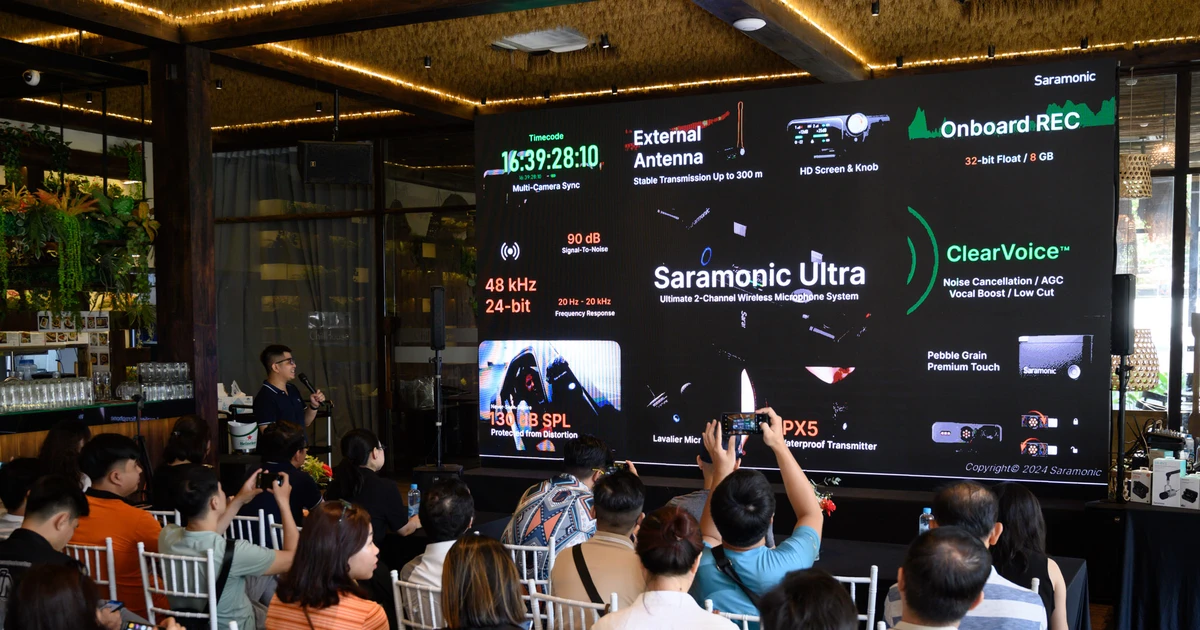











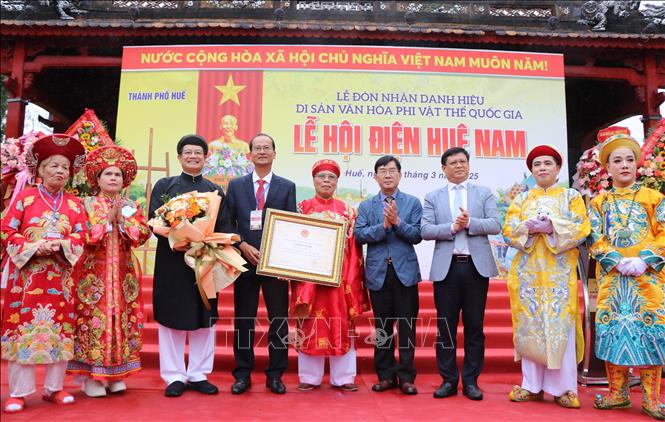



















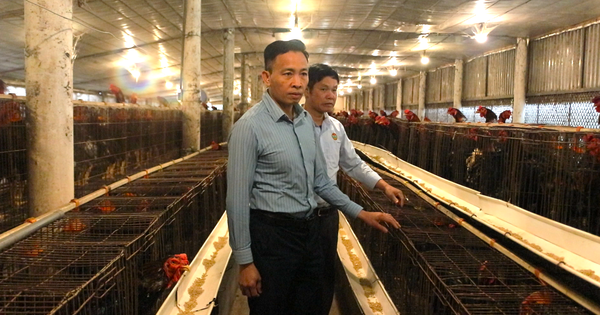









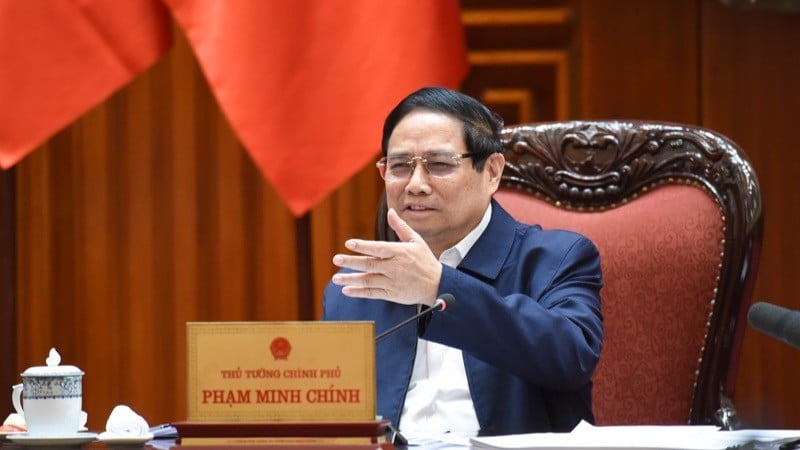


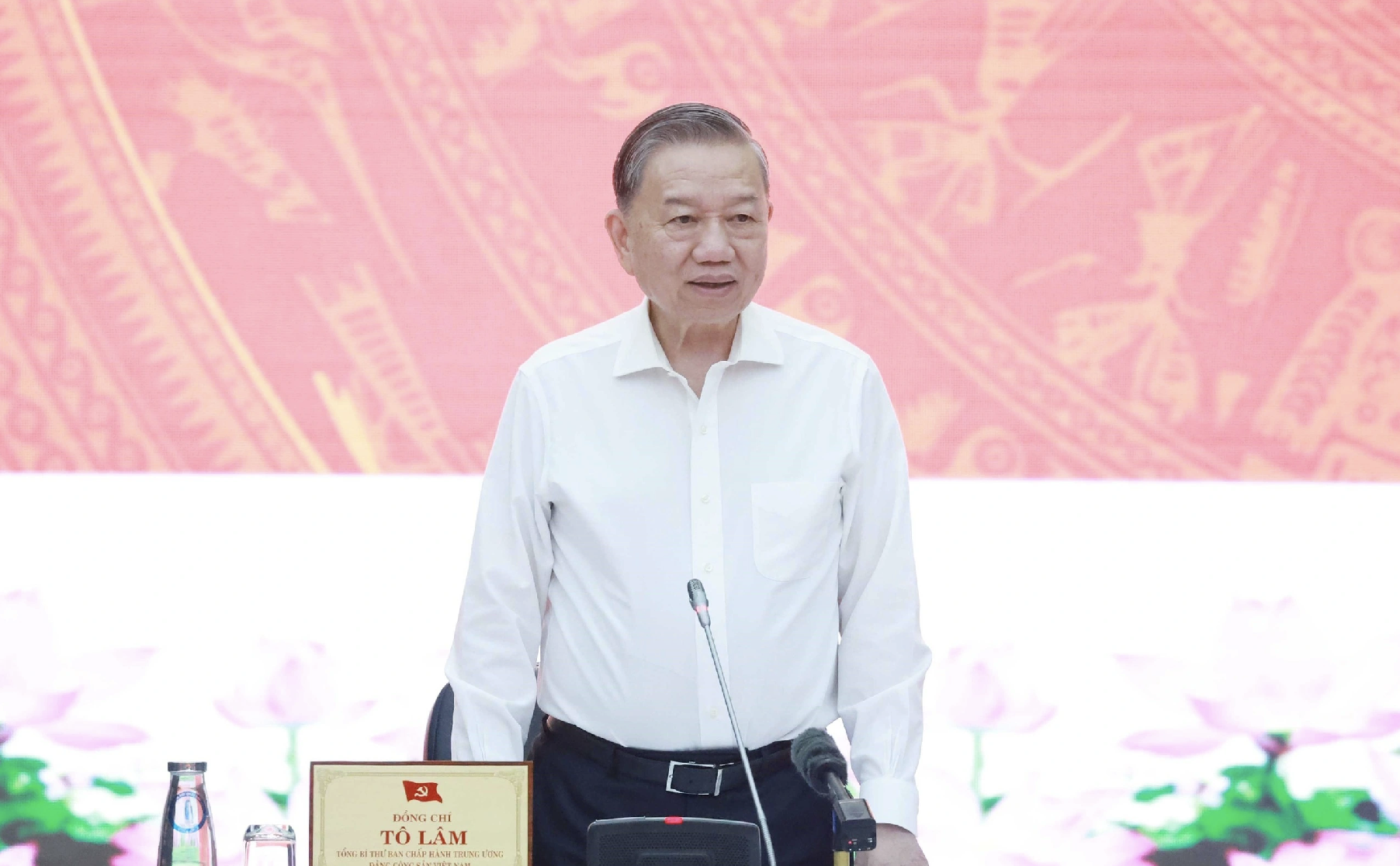

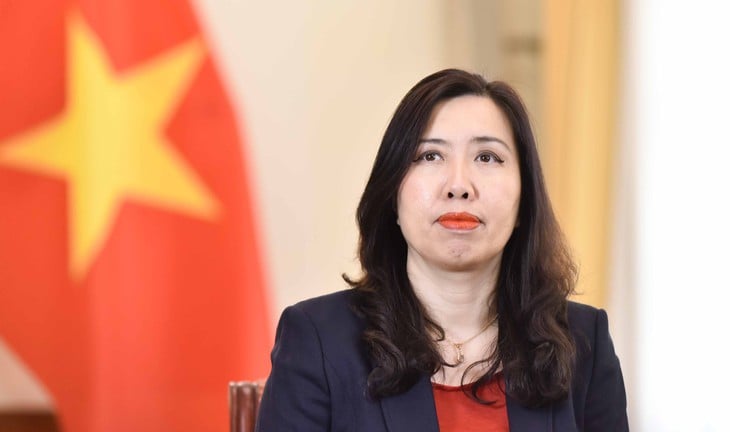



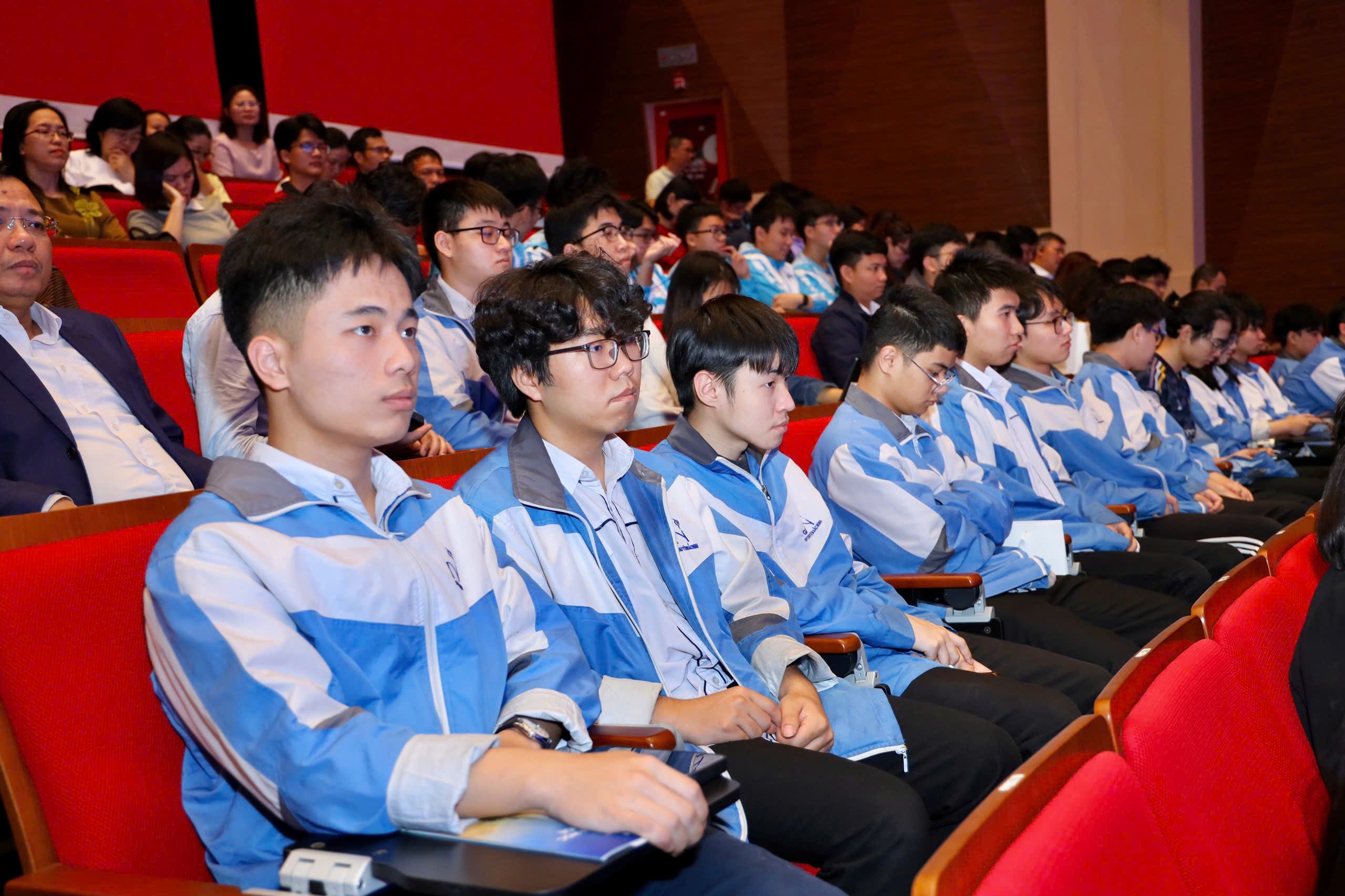

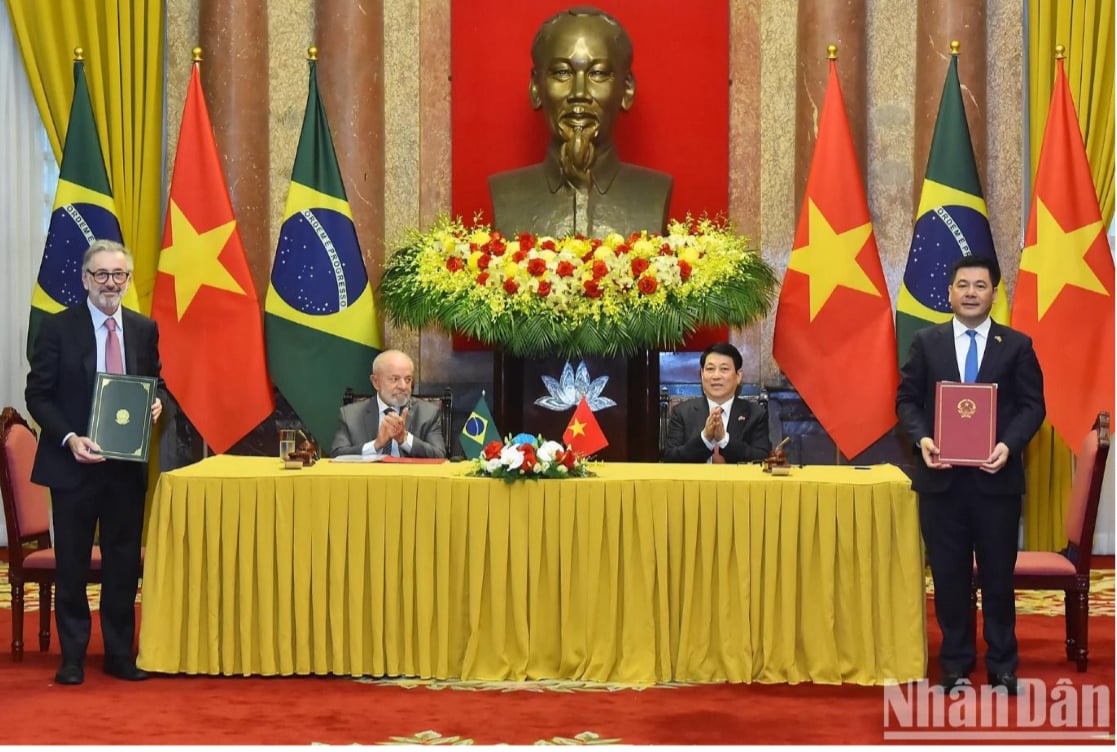




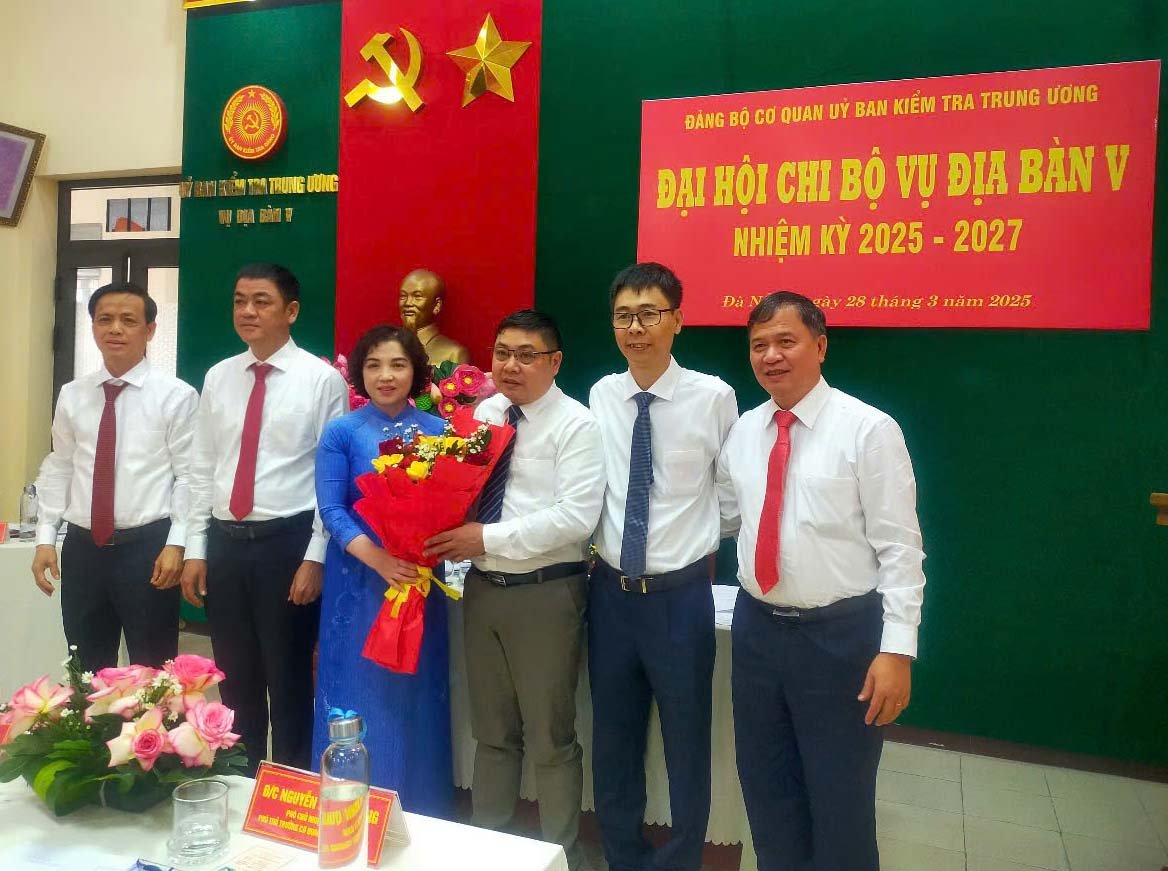

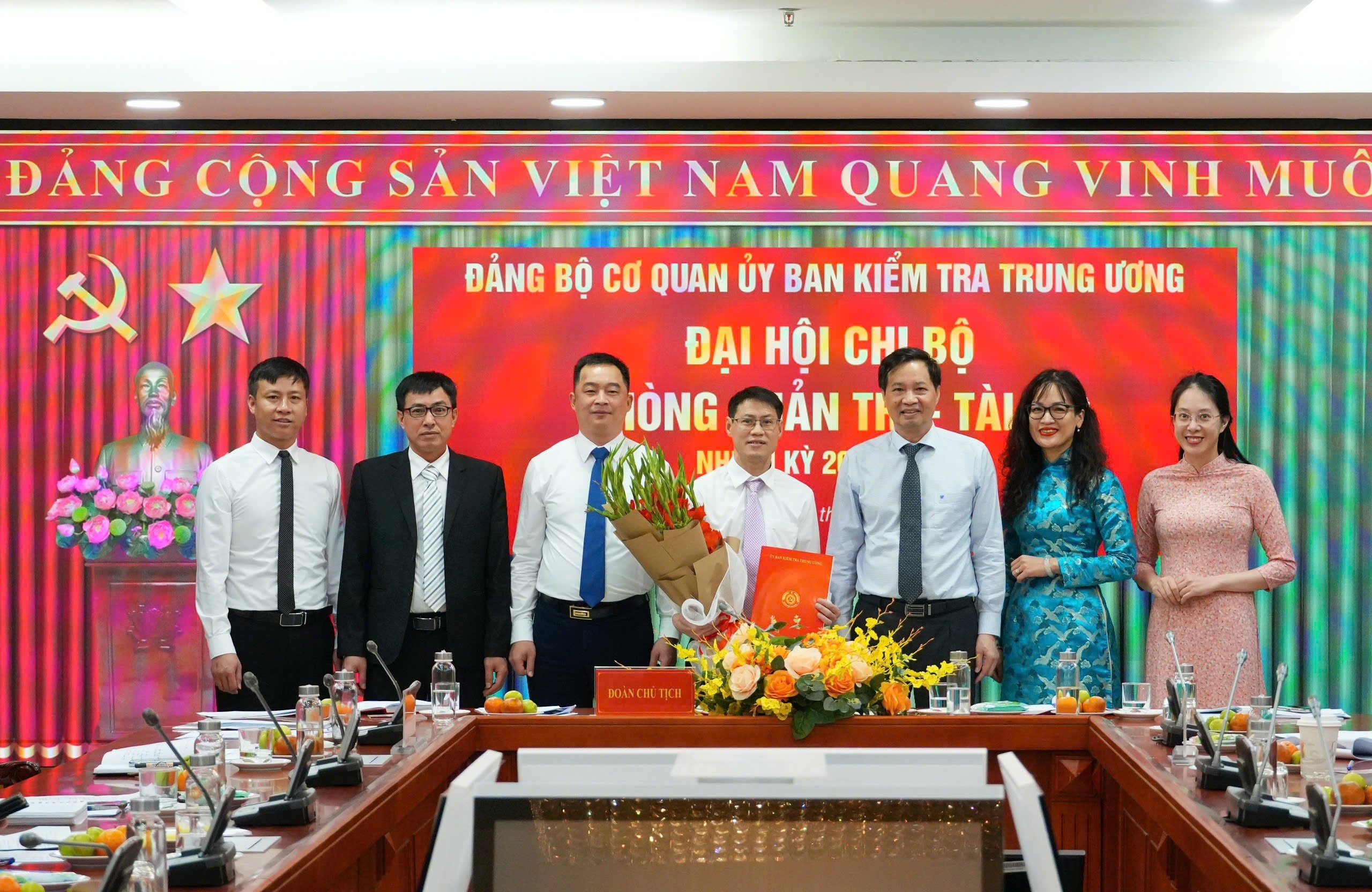



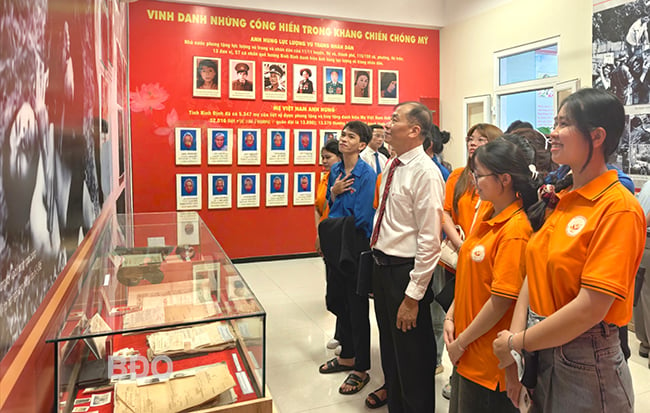

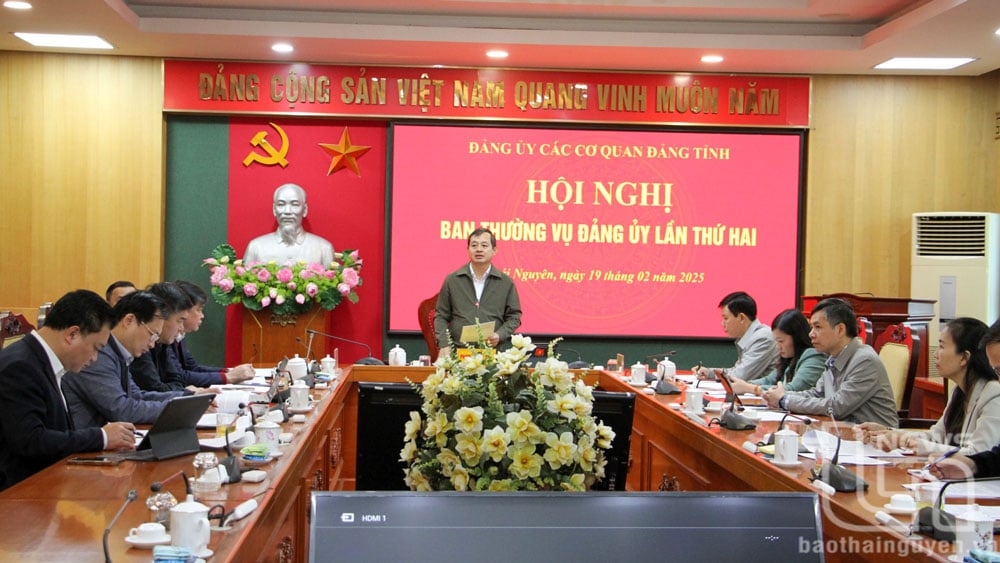
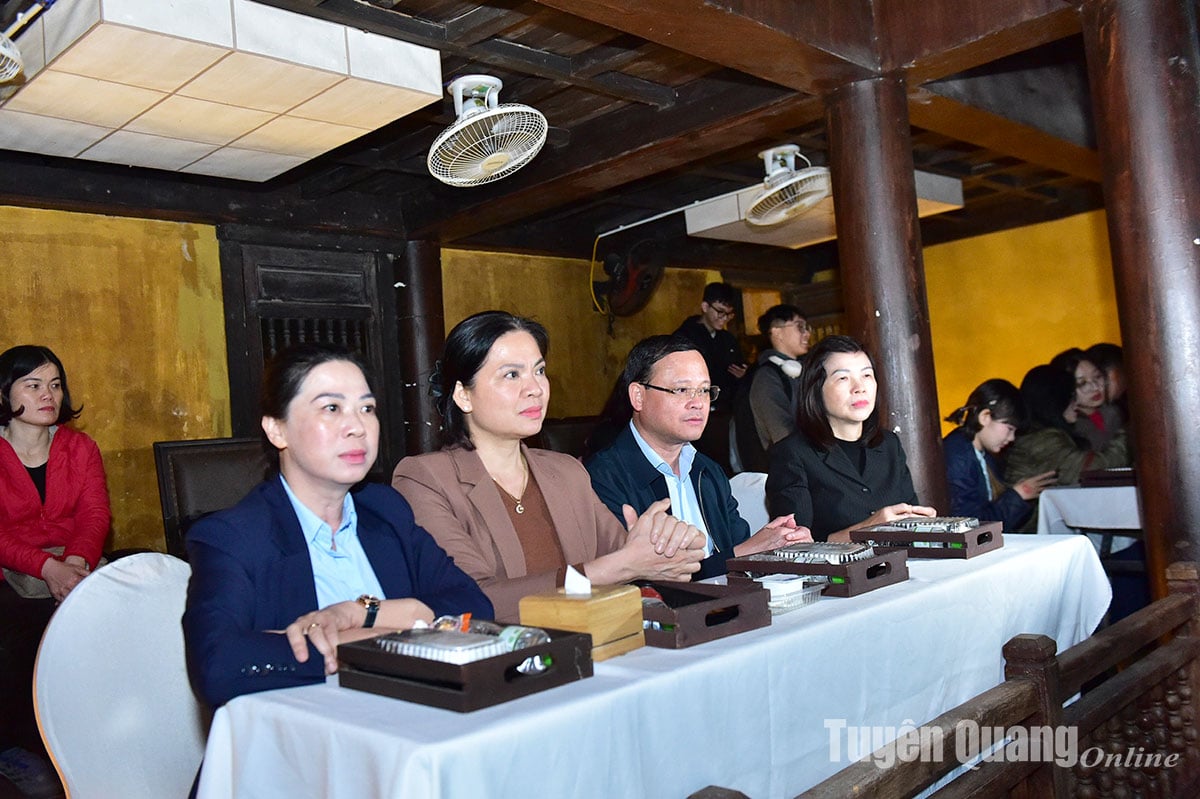



![[REVIEW OCOP] An Lanh Huong Vet Yen Cat](https://vstatic.vietnam.vn/vietnam/resource/IMAGE/2025/3/27/c25032328e9a47be9991d5be7c0cad8c)







Comment (0)